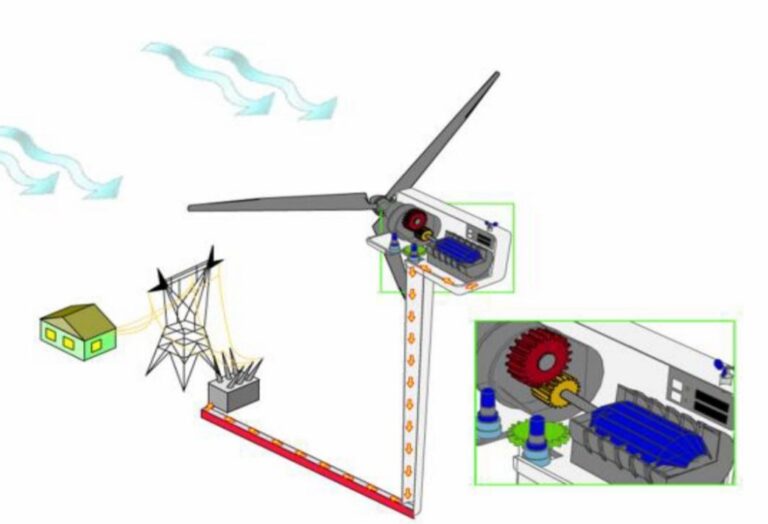Load Flow Analysis
⭐A real-time case study using ETAP (Electrical Transient Analyzer Program) can encompass a variety of scenarios in the field of electrical engineering, such as power system analysis, design, simulation, and operation. ETAP is widely used for modeling, designing, analyzing, optimizing, and controlling electrical power systems.
⭐Load Flow Analysis, also known as Power Flow Analysis, is a critical study performed in the realm of electrical power systems. This analysis helps in determining the voltage, current, power angles, active (P) and reactive (Q) power flows in a system under a given load condition. It’s essential for the planning, design, and operational phases of power systems to ensure reliability, efficiency, and safety.
⭐Objectives of Load Flow Analysis:-
📌Voltage Profile Determination: To assess the voltage magnitude at various buses (nodes) in the network under steady-state conditions. It ensures voltages remain within prescribed limits to maintain system stability and power quality.
📌Power Flow Evaluation: To calculate the real and reactive power flows in transmission lines and transformers, helping in managing losses and ensuring the equipment is within its operational limits.
📌System Planning and Optimization: To aid in the expansion of existing systems, integration of renewable energy sources, and optimization of generator outputs while minimizing losses.
📌Equipment Sizing: To assist in selecting appropriate sizes for transformers, transmission lines, and other system components based on power flow results.
📌Contingency Analysis: To understand the system’s behavior under various fault or contingency scenarios, such as the loss of a transmission line or generator.
⭐Load Flow Analysis is a fundamental tool for electrical engineers, providing invaluable insights into the operation of power systems. By accurately modeling and analyzing power flows, voltages, and losses, engineers can ensure that electrical systems are designed and operated efficiently, safely, and reliably.
